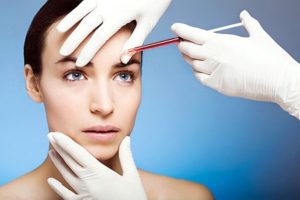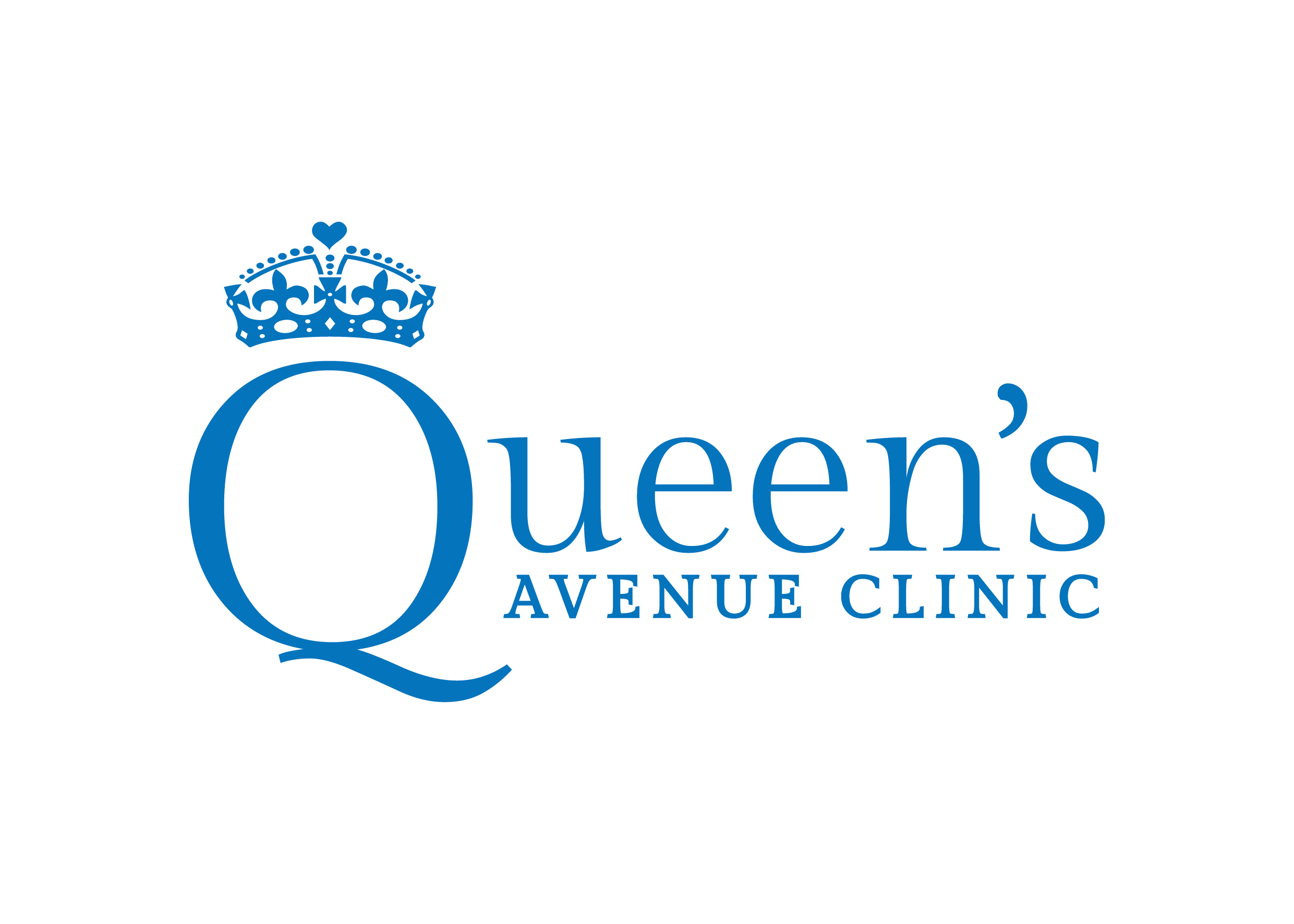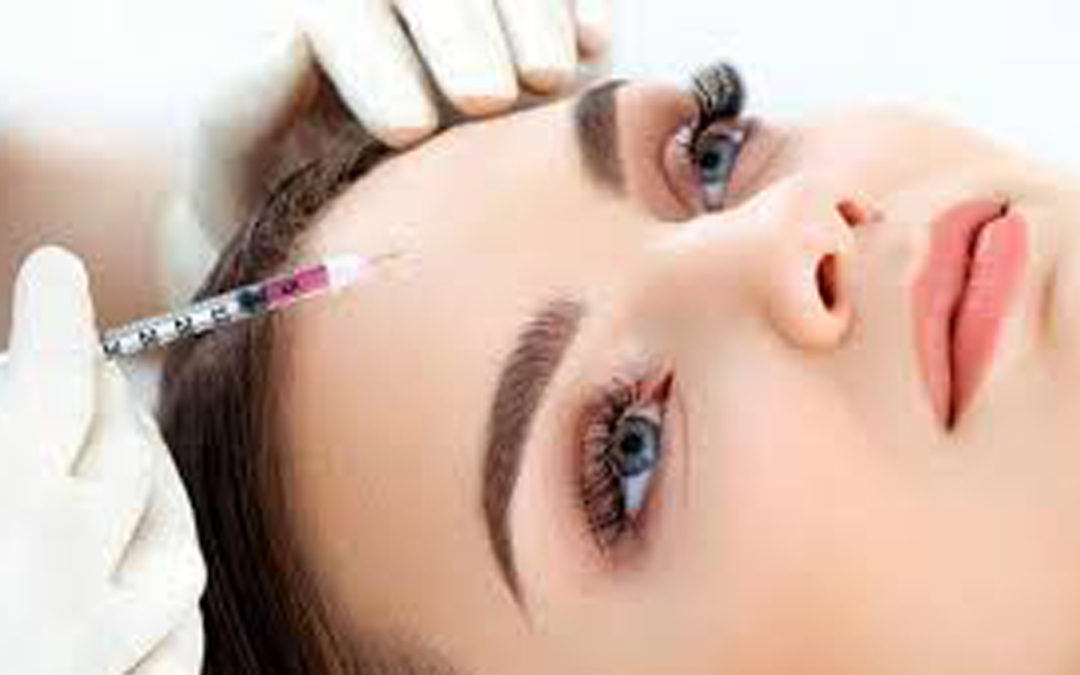Have you chosen the right clinic for PRP treatment?
MOH officials recommend that clients who have received a “PRP treatment” or any other type of injection-related service get tested for HIV and other blood-borne infections. They worried that the unsafe practices carried out by non-certified practitioners in which it had caused the infections among those who received the treatment.
Recently MOH officials identified that many patients had done PRP treatment in MediSpa Salon. The risk is that the patients might have positive result toward HIV test. The beauticians are unlike our certified aesthetic doctors who had many years of experience in practising injection-based services. They would accidentally inject to the wrong part. Besides, to save cost, they might reuse the syringe in other patients. This practice will increase the probability of getting infections.
And here are the advice from MOH officials:
i. Only look for certified LCP doctors in licensed aesthetic clinic Malaysia
You should always beware of the self-claim medical doctor or beautician. They might be the one who put your face and healthy at risk. For the sake of your health safety, always make sure that only licensed aesthetic clinic is regulated to do the procedure. Be sure that only certified LCP doctors, albeit NOT beauticians who perform the process like botox, filler, etc.
ii. Make sure all the needles are only for single-use
Besides that, the aesthetic clinic should have a sharps bin to dispose of those used needles. The needles should always for single use. Reuse of the same syringe can cause an infection like cross-infection hepatitis/HIV, etc.

PRP Treatment
According to the MOH announcement, an inspection of the Medispa on Friday revealed its wrong practising ways in using the syringe. Their practice could potentially spread blood-borne infections to patients. HIV, hepatitis B and hepatitis C are examples of blood-borne diseases.
Subsequently, a cease letter to the Medispa Salon, and closed immediately, the MOH said.
As long as the doctors follow the proper protocols, and there is no sharing of equipment for patients, then it should not be an issue.
How is the process of PRP treatment?
A PRP involves drawing a person’s blood, hence the name platelet-rich-plasma. The doctor will then put the blood in a centrifuge machine for processing. It is a machine where the blood spun around real fast until platelet and plasma separated. After that, the doctor will extract the plasma. Plasma has all the nutrients, growth factors and protein. It helps stimulates new skin and new collagen. That’s what’s providing all the benefit to the patient.
The plasma is then layered on top of the face and re-injected into the skin using a tool called a micro-needle pen, which creates tiny punctures in the skin with fine miniature needles.
If the micro-needling pen or any other equipment is not properly disposed of or sterilised between facials, that could expose patients to potential blood-borne infections. Those infections would occur when reusing the micro-needling tips or syringes. Not to perform PRP treatment using another patient’s blood as well, as our body will resist the blood cell from an outsider.
Patients who interested in a PRP treatment should always be cautious with what the performing doctor do. They have to make sure that they see the doctor opening a new syringe to draw blood, as well as changing the micro-needling pen before performing the procedure.
Just make sure you see every procedure in front of you. Not only that, but you should also make sure that the place is using new equipment, changing the tips and needles.”
Patients also should make sure the clinic they visit for such procedures follows safety precautions. Little and minor things are crucial to make sure of the safety of the treatment. As such hand-washing, wearing gloves and masks when appropriate, disposing of waste appropriately including blood-related wastes, among other precautions.



How is the centrifuge machine cleaned or sterilised? Or is the centrifuge container holding the blood a disposable one?
Hi Ian, yes, of course, the centrifuge machine is sterilised daily to ensure every step for PRP procedure is sterile and safe. The tube for PRP treatment is only for single use and it is disposable, thus there is no concern regarding the risk of infection. Don’t worry, we are recognised clinic under the registration of KKM. If you still have any doubt, you may contact us at 03-9200 5937. Have a good day.